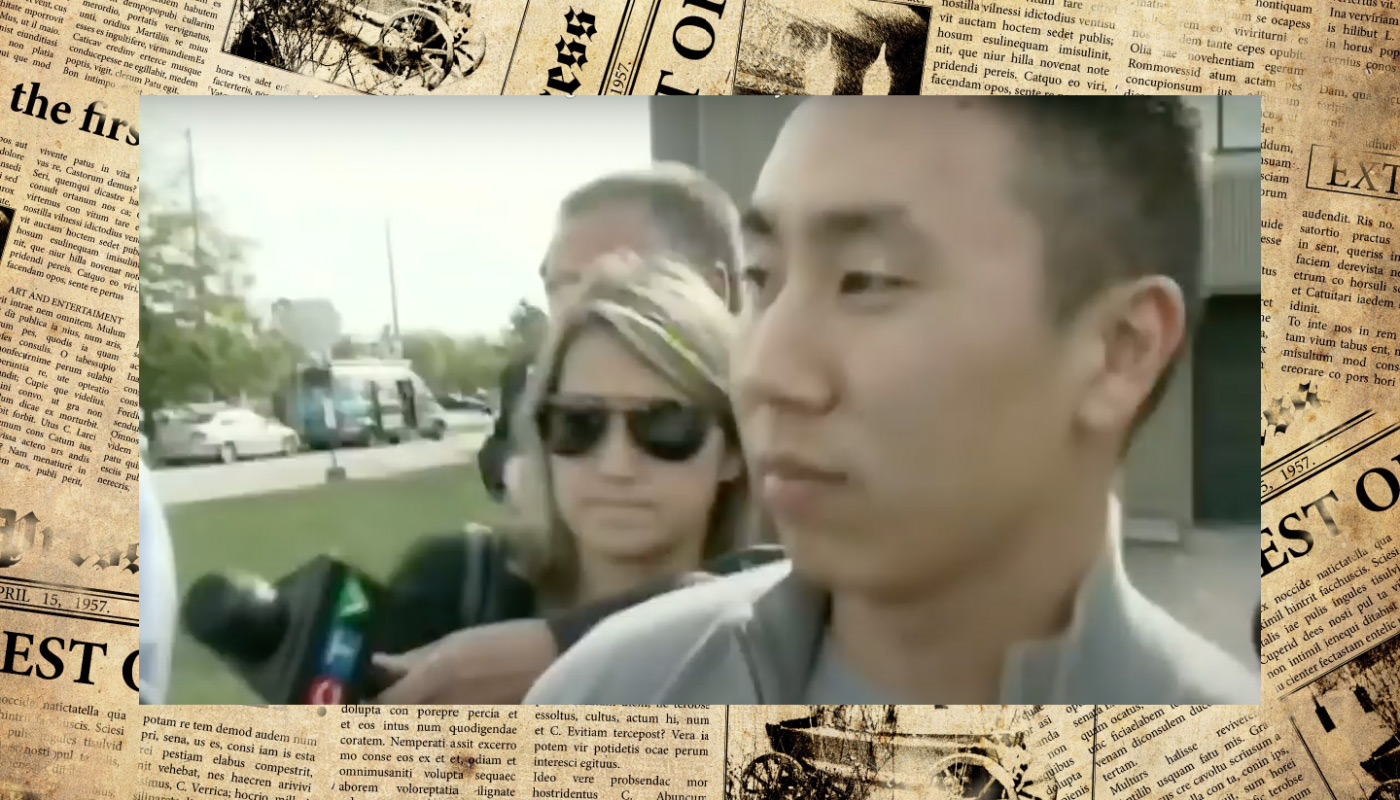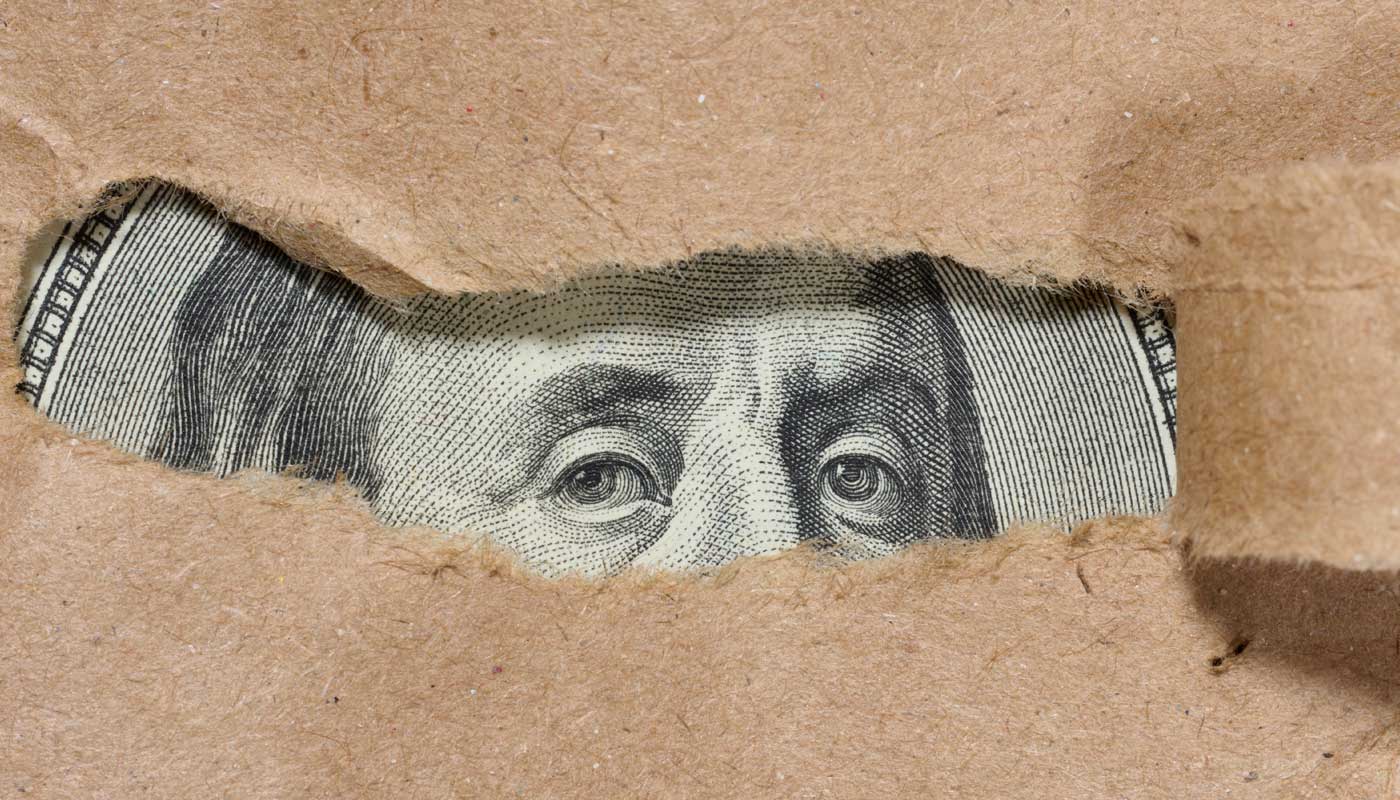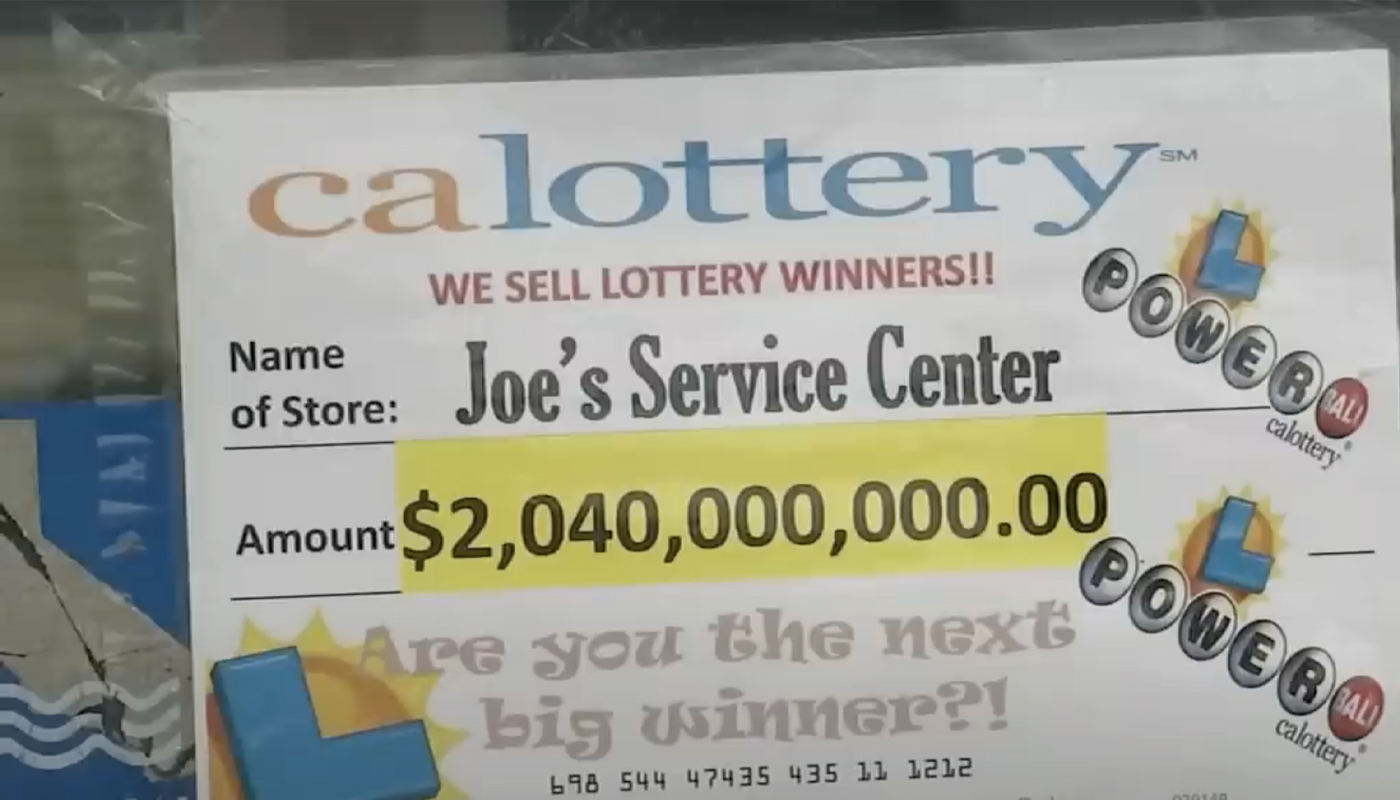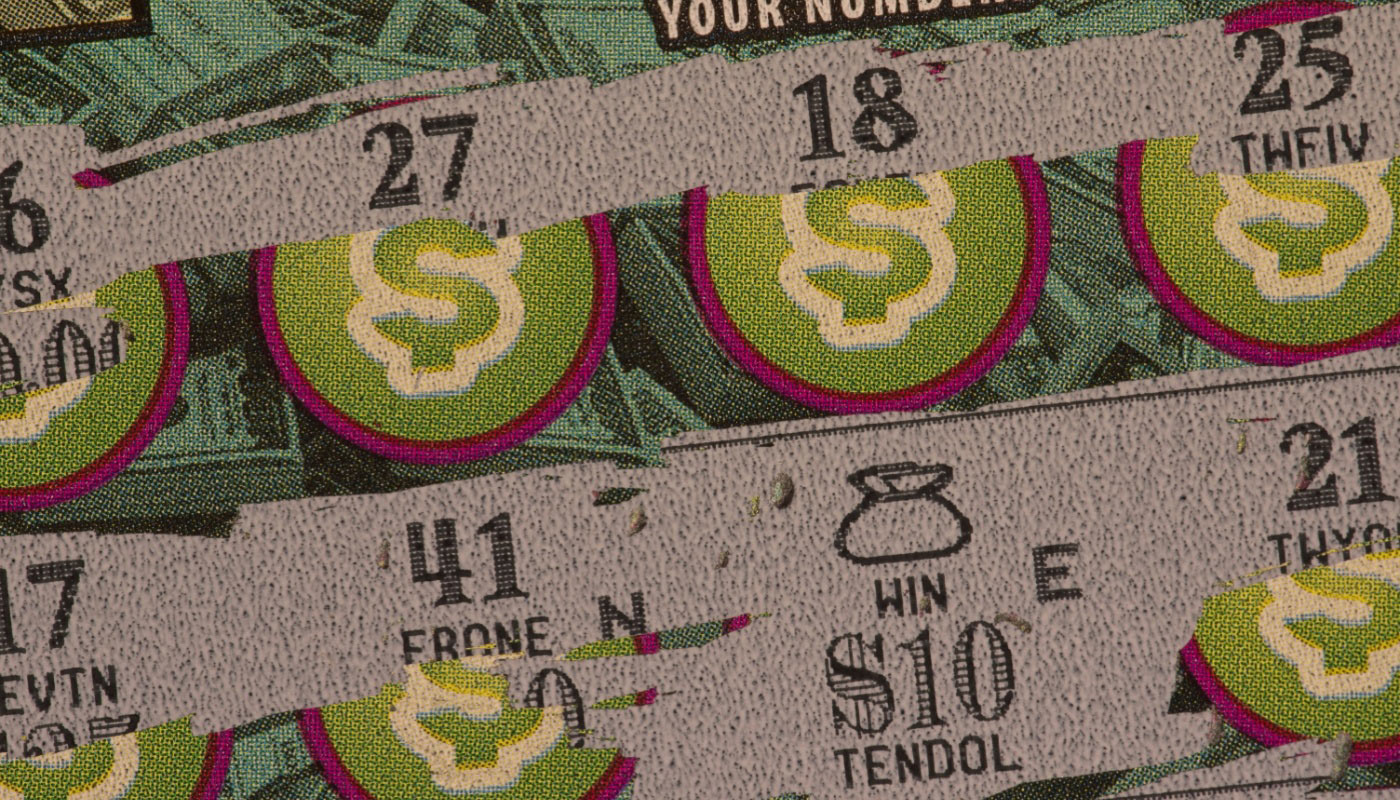
News writer; Opinion columnist
Lottery pools are a popular way for players to have fun with friends and increase their chances of winning a big prize. However, when millions of dollars are at stake, it's easy for deep friendships to flip into heated rivalries, and sometimes the temptation to take money that isn't yours is simply too great.
Lorraine Teicht, Paul Carlisis, and sisters-in-law Silvana and Aurora Pincivero were all friends and co-workers at the Toronto Catholic District School Board. The foursome formed a lottery betting pool, and for years, they played the exact same numbers in Canada's Lotto 6/49 draw game.
Teicht was usually the group's organizer, and she would collect the money, buy the tickets, and keep track of their wins. Like most pools, they never hit the jackpot, or at least, that's what they thought. In 2006, the Pinciveros and Carlisis were at a party together when they discovered something shocking.
They entered their regular numbers into the Ontario Lottery and Gaming Corp's (OLG) website and discovered that a ticket with their numbers had won a $5.75 million jackpot two years earlier.
They knew they had played that drawing with those numbers, so how was it possible they didn't have a prize, and just as importantly, who had their money?
The suspect
When the group first discovered they had the winning numbers, they attempted to contact the Lottery Corp to find out who won the prize, but the OLG representatives were unhelpful and essentially told them that privacy laws meant they couldn't release a winner's name from two years ago.
“They told them to get lost,” a source familiar with the case told journalists.
Suspicion then immediately fell on Lorraine Teicht, who would have purchased the alleged winning ticket, but the other group members didn't want to confront her without evidence.
Her friends hired a private investigator to see if he could find any sign that she had their millions. After a thorough investigation, the PI informed Carlisis and the Pinciveros that he couldn't find any evidence that Teicht was living the high life on their millions or that she had stashed the cash in a secret bank account.
However, they learned from another friend that the winning ticket was purchased at the Orchard Gate Esso gas station in the city of Orillia, and it so happened that Teicht owned property nearby. Thinking that this was the smoking gun, the group confronted Teicht and demanded to know what happened to their jackpot.
In tears, Teicht admitted she purchased the ticket but claimed she never collected millions of dollars and had no idea what happened to the prize. She would later say that the accusations fractured her relationship with her longtime friends.
In a statement she made in court years later, Teicht explained:
I could not trust them after they came to my house and accused me of stealing the winnings. The people that I would be celebrating with had this crime not been committed; I can barely make eye contact with [them] now.
The crime
According to Teicht, she purchased the ticket as she always did, and after the drawing, she took it to a small convenience store that sold only soda, cigarettes, and lottery tickets.
The store had a machine that verified lottery tickets. If a ticket won a small prize, it played a jingle, and if it won a jackpot, it played a big celebratory song.
Teicht said she swiped her ticket, and the machine didn't make any noise. The store's clerk told her the ticket was worthless and that she had won nothing. The clerk said he would throw it away for her, so she gave him the ticket and walked out of the store.
Seven months later, the store's owner, Hafiz Malik, walked into the Ontario lottery headquarters with a winning ticket in hand. The OLG verified that it was worth $5.75 million. They performed an investigation, determined that Malik was the rightful winner, and handed him a check for the full jackpot.
When she found out Malik had stolen her ticket, Teicht stated:
I frequently went into Malik's store and trusted him when he told me that I had no winning tickets. I never thought he would lie to me about something so important.
Living large
Once Malik had his prize money, he didn't hesitate to enjoy it. He immediately shut down his tiny store and purchased a million-dollar mansion in a posh suburb of Mississauga, Ontario. Next, he filled his garage with several luxury cars, including a Mercedes-Benz and a Land Rover, and set his son up in business by giving him $1 million to purchase a Tim Horton's franchise.
Malik was living his best life, and it seemed like there was nothing the small group of friends could do to get their money back until they finally had one incredible stroke of luck. In 2007, two years after their winning numbers were played, lottery ombudsman André Marin released a scathing report revealing how the OLG enjoyed an overly friendly relationship with its retailers and allowed them to get away with highly questionable business practices.
The report showed that retailers were winning the lottery more often than should have been statistically possible, which meant they were likely stealing winning tickets from their customers. The OLG turned a blind eye to ensure it could keep generating profits.
The fallout from the report was significant, and it led to the arrest of numerous retailers, such as Jun-Chul Chung, a Toronto convenience store owner who stole a ticket worth $3.5 million from a customer by telling them it wasn't a winner.
While the report didn't directly implicate Malik, it did provide Teicht's group with the evidence they needed to finally track him down.
To catch a thief
Teict's group started by looking through old records and filing freedom of information requests with the OLG to find out who had their $5.75 million, but they couldn't come up with anything. Next, they took a second look at the store where Teict threw away the ticket.
They quickly learned that Malik was spending big money and living large just months after their numbers were selected. They gathered as much information as they could and brought it to the OLG.
They weren't optimistic that they would receive much help, but Greg Harris, the group's attorney, said the new leadership group brought on after the Ombudsman's report was much more responsive to their requests:
The Ontario Lottery Corporation is a very, very different organization now than it was previously. When we approached the OLG, honestly, we did fear the worst. But right from the very beginning, they said, 'We're going to take this very seriously.' And they did.
The OLG reviewed Teict's information and contacted the Ontario Provincial Police, who launched an investigation into Malik, which led to his arrest on charges of fraud, theft, and possession of stolen property.
In addition to his criminal charges, the police also moved to seize his assets, such as his home and cars, because they were purchased with stolen property.
Redemption and tragedy
At the same time Malik was arrested, the OLG wrote a check to Teict, Carlisis, and the Pincivero sisters for the full amount they originally won, plus an additional $788,000 in interest. Aurora Pincivero said:
I was shocked, but was very excited at the same time. Maybe now I can finally take my kids to Disney World. This is a dream come true – really.
Teicht added:
I'm very elated, very happy. It was a long journey, but we're very happy with the end of our journey.
After a protracted, multi-year legal case, Malik was eventually sentenced to one year in prison. Unfortunately, Teicht died of cancer only a few years after finally receiving the money she won.
Protect yourself
Unfortunately, retailer fraud is a significant problem for lottery players, and at Lottery USA, we hear of similar lottery frauds occurring often, and they sometimes involve clerks lying to their customers.
For example, Meer Patel, a gas station clerk in Tennessee, stole a million-dollar lottery ticket from a customer by telling him it was a loser. He was later arrested after trying to cash in the ticket for himself.
In another example, two brothers in New York tried to cash in a ticket worth $5 million almost five years after the drawing. Authorities were immediately suspicious, and the ensuing investigation revealed that the ticket belonged to a man named Robert Miles.
Miles purchased the ticket at the brother's store, and when he asked them to check it, they told him it was only worth $5,000 and paid him out. The brothers held onto the ticket and tried to cash it themselves, but were arrested, convicted of larceny and fraud, and given long prison sentences.
There are a few simple steps you can take to protect yourself from retailer fraud.
- Always sign the back of your ticket - Signing your ticket helps to establish ownership and makes it harder for someone else to redeem your ticket.
- Check your own ticket - Most state lotteries have apps that allow you to check your ticket on your phone, so you don't have to rely on someone else.
- Keep your ticket - Even if a retailer tells you it's a loser, hang onto your ticket, and if they argue with you, maybe check it yourself just to be sure.




















Comments